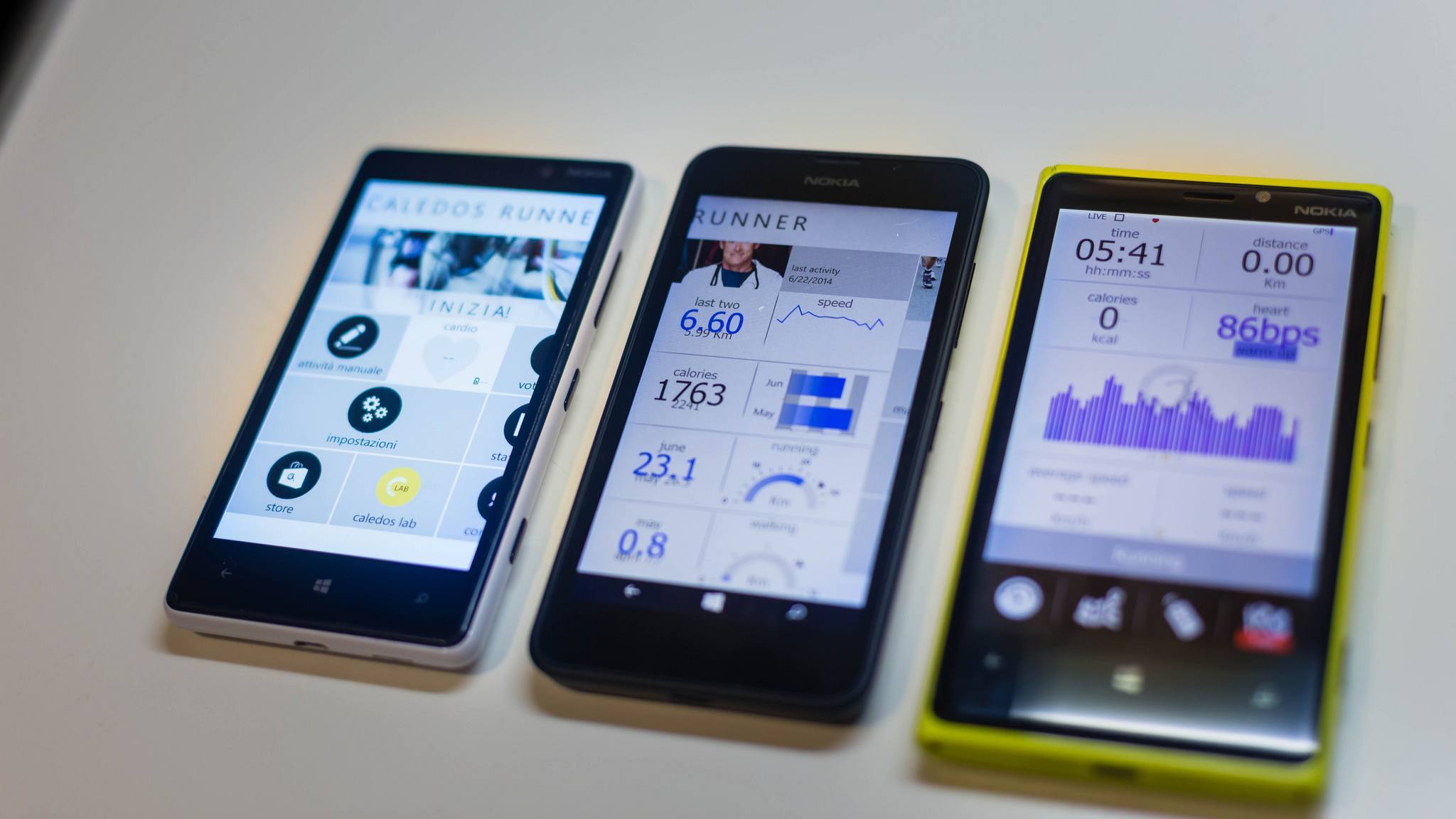
46 percent of clinicians believe mHealth apps will improve the clinician-patient relationship and plan to introduce mobile health apps to their practice over the next five years., according to a new survey by Research Now. Based on the response of 500 healthcare professionals and 1,000 mobile health app users, the survey looks into the use of mobile health apps and assesses their potential in healthcare.
Overall, the finding were very positive with 96 percent of consumers who believe mhealth apps have the potential to improve their quality of care. When it came to healthcare professionals, 86 percent believe that health apps will increase their knowledge of patients’ conditions.
Other key findings of the survey include:
– 72% of healthcare professionals believe that health apps will encourage patients to take more responsibility for their health.
– 86% believe that health apps will increase their knowledge of their patients’ conditions.
– 72% believe that they will encourage patients to take more responsibility for their health.
– 50% think that they will increase the efficiency of patient treatment.
Healthcare professionals see the greatest benefits for helping patients with chronic diseases
– 76% of health professionals believe that they will help patients with chronic diseases, such as diabetes or heart disease.
– 61% believe that they will help those who are at rising-risk of developing health issues; 55% believe they have the potential to help people who are healthy; and 48% believe they have the potential to help patients recently discharged from a hospital.
Most people use the apps as a lifestyle choice, but their use to support healthcare is growing
– Most people use health apps to help them lose weight and to track their exercise (60% to monitor activity/workouts, 53% to motivate them to exercise, 49% to record calorie intake, and 42% to monitor weight loss).
– However, 30% use the apps to monitor existing health conditions and 29%, to remind them to take medication.
– 96% of health app users think that health apps help to improve their quality of life, while only 37% of health professionals believe that they will improve their patients’ lives.
– Only 19% of healthcare professionals do not expect smartphone technology to become part of their work in healthcare.
– 59% of health professionals use smartphone technology to access medical research and 28% expect to in the next five years.
– 32% of mobile health app users say that they share information collected by apps with their doctors.
